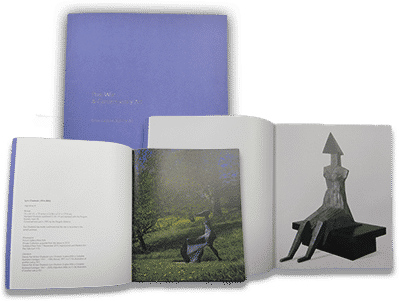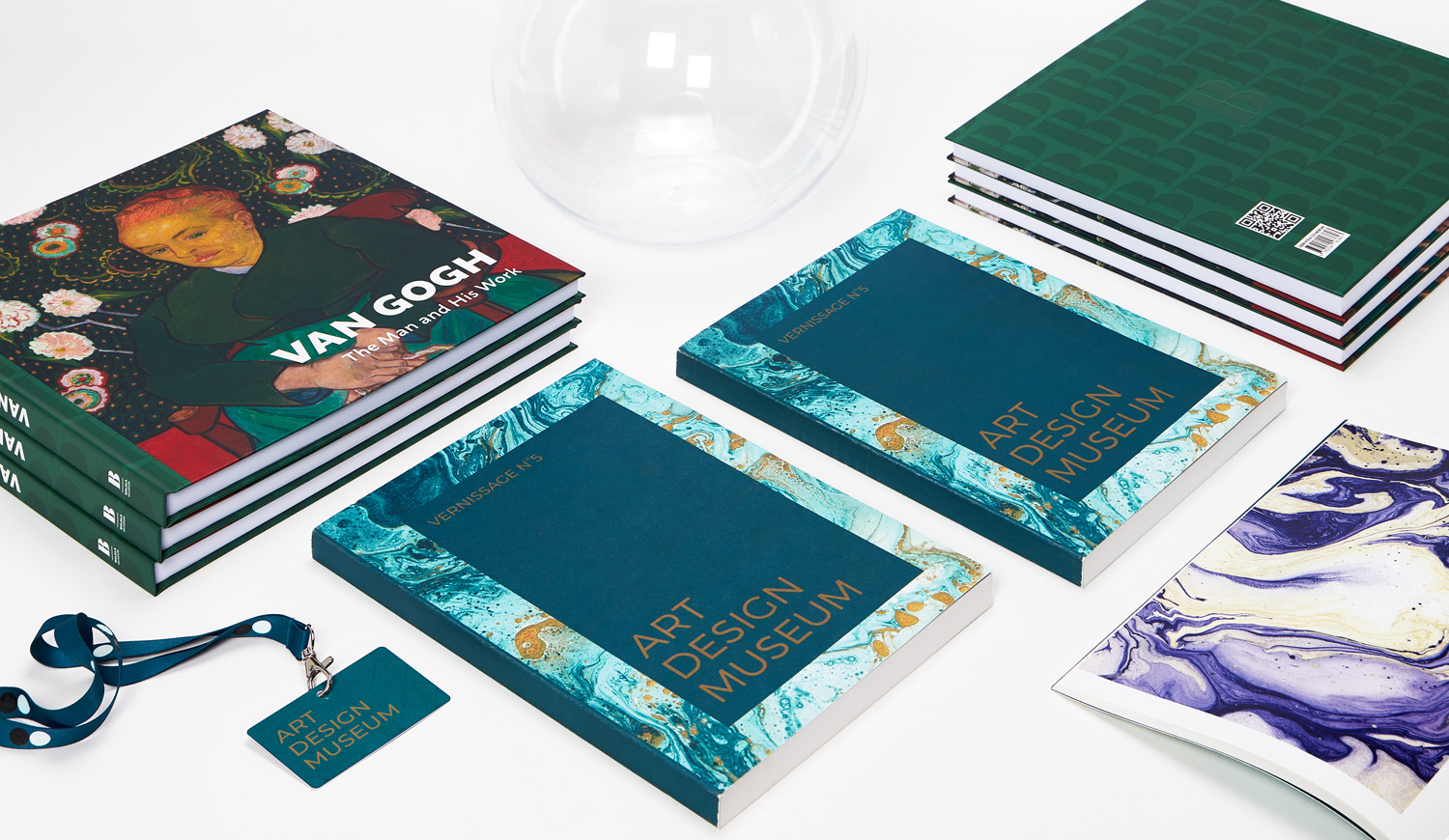Preparing Files for CMYK Conversion in Your art book Prints
Preparing Files for CMYK Conversion in Your art book Prints
Blog Article
Introducing the Tricks of Effective Art Book Printing Techniques for Creative Professionals
When it comes to producing an art book, every detail matters. You need to think concerning paper choice, binding choices, and color accuracy. What are the key methods that can ensure your art book stands out in a crowded market?
Comprehending the Value of Paper Choice
When it comes to art book printing, paper choice is essential for achieving the preferred aesthetic influence. The kind of paper you select can greatly influence just how shades show up, appearances really feel, and exactly how your artwork reverberates with audiences.
A glossy surface can make shades pop, while a matte surface might lend a more subdued, creative vibe. Additionally, do not neglect the significance of acid-free paper to assure long life and stop yellowing gradually.
Test samples prior to settling your choice; this'll help you see just how your art engages with various papers. Inevitably, the ideal paper can boost your art book from common to amazing, making a long lasting impression on your target market.
Discovering Binding Alternatives for Art Books
As you immerse yourself on the planet of art book printing, discovering binding choices is necessary for bringing your vision to life. The selection of binding impacts not just the visual appeals however likewise the performance of your book. For a streamlined and contemporary appearance, take into consideration best binding, which enables for a level spine and very easy readability. If you want an even more tactile experience, try saddle stitching, which is great for thinner publications and keeps expenses down.
If your book includes special components, like fold-outs or blended media, lay-flat binding could be your best bet, allowing pages to open completely without losing web content. Select carefully, and your binding will enhance the general effect of your art book.
Grasping Shade Accuracy in Print

When preparing your documents, transform images to the CMYK shade setting, as this is what printers make use of. Bear in mind shade rooms; Adobe RGB supplies a wider gamut than sRGB, however it's essential to transform to CMYK before printing to prevent surprises.
Examination prints are vital; they allow you see how shades equate to paper. Make adjustments based upon these evidence. Finally, connect with your printer concerning your color assumptions-- cooperation can cause sensational outcomes. With interest to detail, you can achieve vibrant, true-to-life shades in your art book.
Making Certain High Photo Resolution for High Quality
To assure your art book records the magnificent information of your pictures, high photo resolution is important. Go for a minimum of 300 DPI (dots per inch) for excellent top quality. This guarantees that every detail in your artwork shows up crisp and dynamic, enabling your visitors to value the nuances of your imagination.
When preparing your pictures, constantly start with the highest possible resolution possible. If you're scanning artwork, use a top quality scanner and pick the ideal setups. If you're making use of digital documents, make certain they're saved in styles like TIFF or PNG, which maintain picture high quality better than JPEGs.
Likewise, consider the last dimension of your photos in print. A photo that looks great on your display may not equate well to print if it's as well little. By concentrating on high photo resolution, you'll generate a specialist art book that showcases your work in the ideal light.
The Role of Format and Style in Art Books
While crafting an art book, the design and design play an essential duty in enhancing the aesthetic experience. You want your target market to engage with your job, and a thoughtful design can guide their trip via the pages. Think about the balance between text and pictures; way too much message can bewilder, while insufficient may leave your message vague.
Use whitespace efficiently to give your artwork breathing space, permitting each piece to beam. Think of the flow of the pages-- how each photo connects with the next. This can produce a click here narrative that pulls readers in and maintains them mesmerized.
Make certain your design lines up with the total motif of your book, creating a cohesive experience. With mindful attention to design and style, your art book can come to be a magnificent aesthetic story that resonates with your audience.
Selecting the Right Printing Technique
The right printing technique can considerably impact just how your art book is perceived and experienced. Digital printing is perfect for short runs, supplying fast turn-around times and dynamic colors that bring your artwork to life.

Budgeting for Art Book Production
Budgeting for art book manufacturing is crucial, and getting a clear image of your expenditures can save you from unanticipated prices later. Beginning by defining your budget, considering all elements like layout, printing, and distribution. Research printing alternatives to find one that fits your top quality and amount requirements without breaking the financial institution.
Don't fail to remember to consist of expenses for materials, such as paper and ink, in addition to any kind of additional features like embossing or specialty coatings. Element in design expenditures, whether you're doing it yourself or hiring a professional. Also, represent advertising and promotion, as they're crucial for reaching your target market.

Regularly Asked Inquiries
What Are the Ideal Printers for Art Book Projects?
When choosing printers for your art book projects, take into consideration high-grade inkjet models like Canon or Epson. They deliver dynamic colors and sharp details, guaranteeing your art work stands apart get more info perfectly on every web page.
Just how Do I Prepare My Declare Printing?
To prepare your documents for printing, assurance you've set the right resolution, color mode, and documents style (art book). Do not neglect to include hemorrhage and chop marks, so your artwork publishes perfectly with no undesirable boundaries
What Is the Ordinary Turnaround Time for Art Book Printing?
The average turnaround time for art book printing varies, however you can typically anticipate it to take between two to four weeks. Variables like complexity and quantity can affect this timeline, so plan as necessary.
Can I Print Art Books in Tiny Quantities?
Yes, you can publish art books in small amounts. Lots of printing solutions offer short-run choices, allowing you to create restricted versions without high ahead of time costs. This adaptability aids showcase your job while taking care of budget plan constraints efficiently.
What Are Typical Blunders to Avoid in Art Book Printing?
When publishing art publications, avoid common blunders like inadequate documents resolution, neglecting color calibration, and overlooking to check. Likewise, don't ignore the significance of picking the ideal paper and binding methods for your job.
Report this page